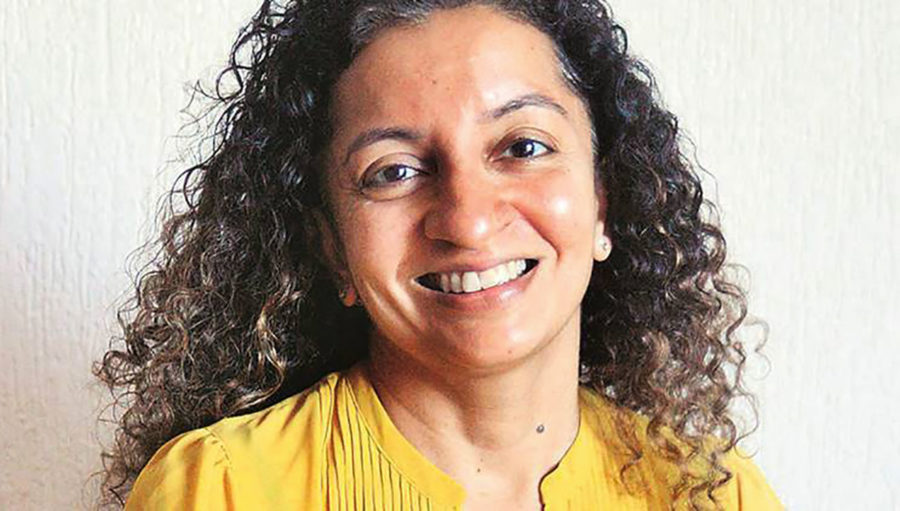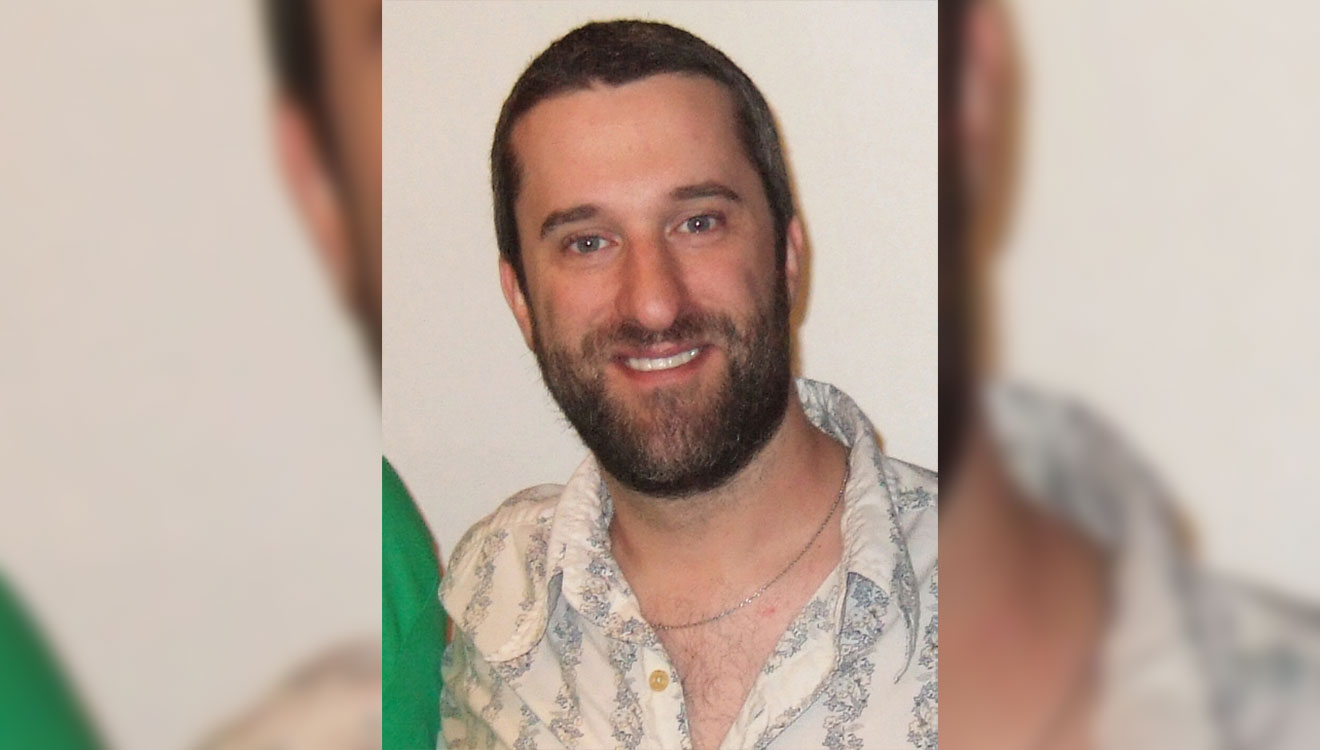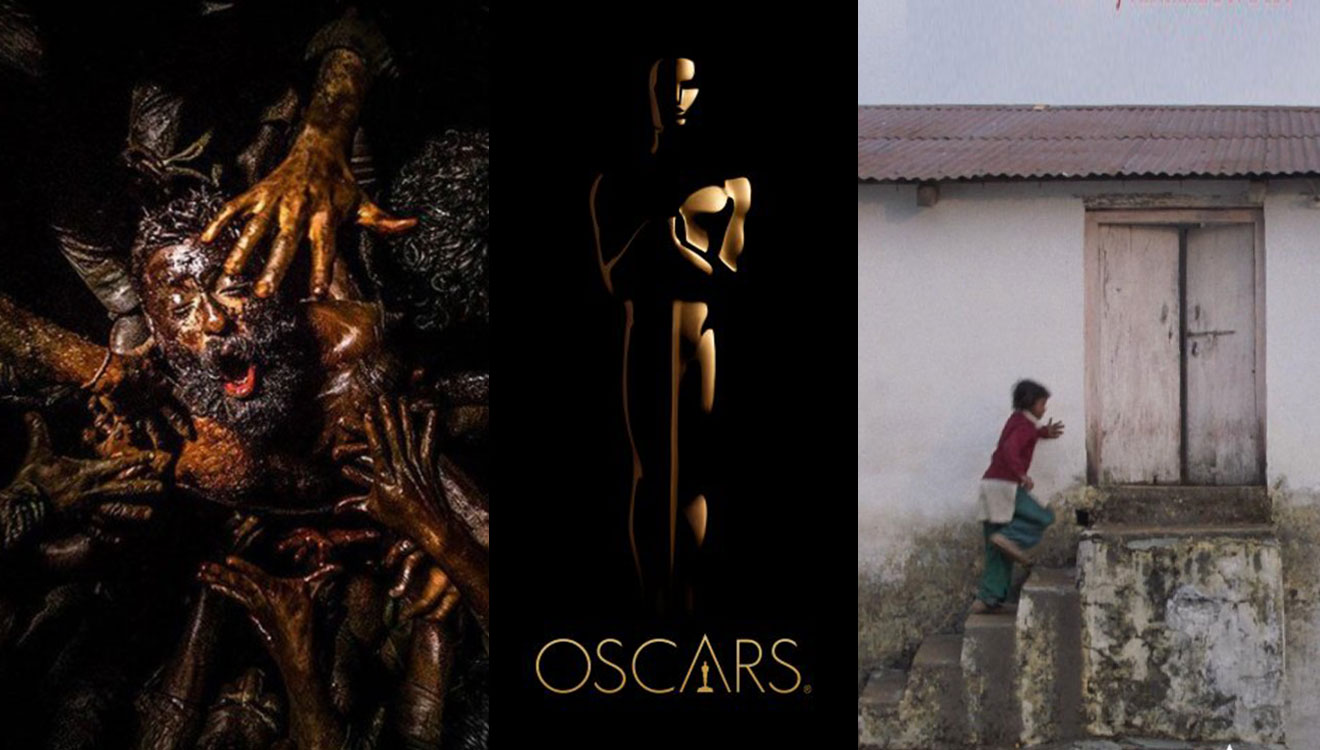Priya Ramani, the journalist who has been accused of defamation against former Union Minister MJ Akbar, told a Delhi court on December 2 that she had “pleaded truth” in “good faith” and for the “public good,” reported Bar and Bench. Ramani’s lawyer Senior Advocate Rebecca John argued that it was not defamation to “impute anything which is true concerning a person, for public good.”
In 2018, during the #MeToo movement, Ramani had accused MJ Akbar, the then External Affairs Minister, of sexual misconduct in 1993. Following that, Akbar resigned from the Union Council of Ministers and filed a criminal case of defamation against Ramani. Akbar has since been denying the charges, claiming that he doesn’t remember the incident.
On Wednesday, advocate John presented Ramani’s case before the recently appointed Additional Chief Metropolitan Magistrate, Ravindra Kumar Pandey. Pandey has asked both parties for final submissions afresh. The case was originally being heard by Samar Vishal. Following his transfer, Vishal Pahuja took over in the case and now Pandey becomes the third judge appointed by the Delhi High Court to hear the case, reported Live Law.
In the wake of the #MeToo movement, Ramani had written an article for Vogue dated October 12, 2017. The article, titled “To the Harvey Weinsteins of the World,” was addressed to “Dear Male Boss”. At that time, the identify of the “Boss” was kept anonymous.
Harvey Weinstein is an American film producer convicted sex offender who was accused by 80 women of sexual harassment. Weinstein’s conviction fuelled the #MeToo social media campaign, a campaign that witnessed women across the globe coming out with allegations against powerful men of sexual misconduct and assault at the workplace.
Almost a year after her post, on October 2018 Ramani named Akbar as the editor who had harassed her. She said the incident occurred during an interview with Akbar at a hotel room in Mumbai in 1993. Ramani said that she had decided to name him publicly after a number of women came forward to accuse Akbar of sexual harassment.
In a cross-examination session in November 2019, Akbar said “I do not remember that Priya Ramani met me in my office in December 93 or that she was looking for a job in the Asian Age, Bombay,” reported Hindustan Times.
Recommended
During a November hearing, Ramani had failed to produce proper evidence such as parking receipts, landline records, or CCTV footage from the day of the incident. Subsequently, Senior Advocate Geeta Luthra, who is representing Akbar, argued that the statements given by Ramani were “per se defamatory and made deliberately with mala fide intention.”
In response, Ramani said she stood by her statements, “Their case is I published my tweets, article for Vogue… there is no contestation, I admit to have written all of these. I am not denying them. I have never denied them.”
Ramani said at her hearing, “I have pleaded truth as my defence, that my disclosure was made in good faith, for public good. The reason I have done so because it touched a question of public importance.”
“The court will have to come to a conclusion that although an imputation was made, no case for defamation is made out,” her lawyer argued.



